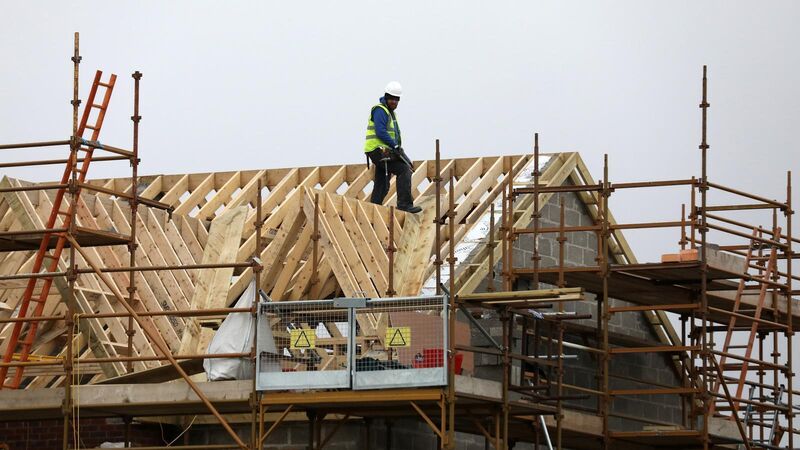Spotlight falls on the high cost of tax incentives for home buyers, builders, and landlords

To get to grips with housing shortages, the Government’s Housing for All programme plans to encourage the building of 300,000 new homes up to 2030. File Picture: Eamonn Farrell/RollingNews.ie
It’s the most important issue for voters, and Government ministers have already made it clear housing will play a significant, and costly, part in October’s budget, which could be the last before a general election.
Meantime, officials appear to be getting uneasy should their political bosses double down on costly housing tax breaks, either for home buyers, builders, or landlords, even as billions of euro flow in tax revenues into the Government’s coffers.














